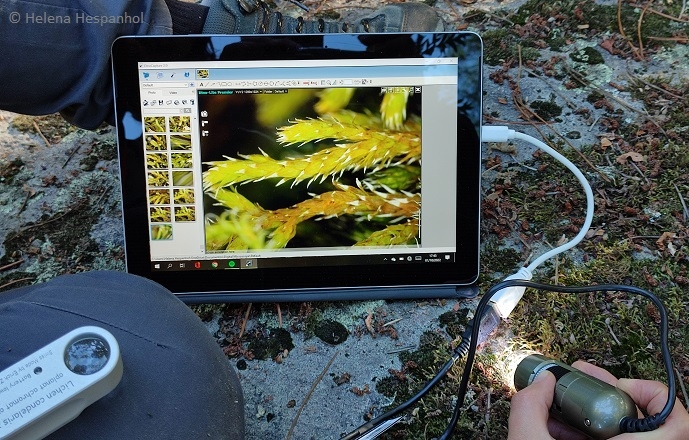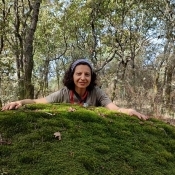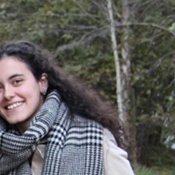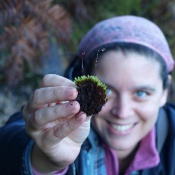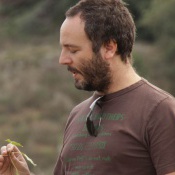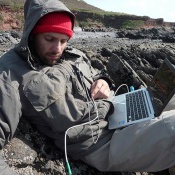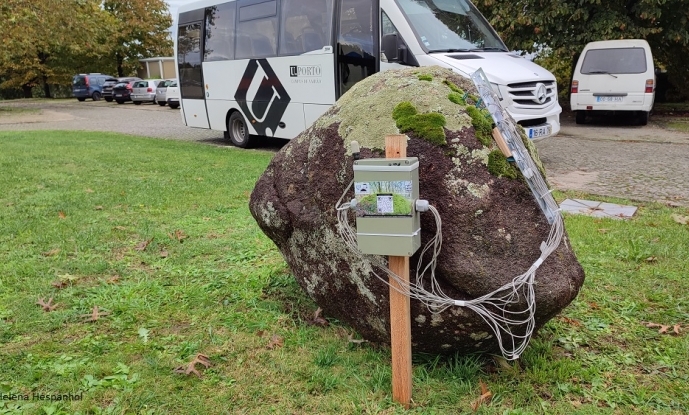BryoMicroClim - Combining microclimate sensor networks and models to uncover the vulnerability of small plants to climate change
Objectives and methods
Small plants, such as bryophytes or more commonly known as mosses, are slow-growing organisms, in which water content varies with ambient moisture. Thus, bryophytes are expected to be more affected by climate than other plants and can be good organisms to study climate change.
Small plants, such as bryophytes or more commonly known as mosses, are slow-growing organisms, in which water content varies with ambient moisture. Thus, bryophytes are expected to be more affected by climate than other plants and can be good organisms to study climate change.
Predicting habitat suitability under climate change is vital to conserving biodiversity. However, current species distribution models rely on coarse scale climate data. Collecting organism-relevant microclimate data at fine spatial resolutions and long time scales will be critical for providing more robust predictions of biological responses to changing climate and determining the resilience of microclimate refugia. The bryophyte sensitivity to microclimate and the unclear and understudied relationship between microclimate and macroclimate underpin a clear research opportunity.
BryoMicroClim will provide a novel cost-effective monitoring system, combining in situ microclimate data and models, to support an innovative climate change vulnerability assessment framework for a focal bryophyte species – Hedwigia striata, an oceanic bryophyte species, known for Europe and considered near-threatened.
BryoMicroClim aims to: (1) Install and test microclimate sensor networks, supported by a collaborative partnership with bryologists Europe-wide; (2) Identify spatiotemporal fine-scale patterns of ecologically relevant microclimate variables for a target bryophyte species; (3) Refine predictions of species distribution patterns, based on microclimate data; (4) Assess the congruence between macro- and microclimate model projections, under current conditions.
This project aims to collect and process in situ microclimate measurements from different sampling localities across Europe for a target species. For that, we will use dataloggers to record microhabitat temperatures and humidity for a target species, during one year. These data will then be used to identify spatiotemporal fine-scale patterns of ecologically relevant microclimate variables for bryophytes. Finally, we will evaluate mismatches between macro- and microclimate model projections, to ultimately assess the added value of microclimatic modelling for refugia identification.
BryoMicroClim will deliver the following key expected outputs: (1) a field protocol to install microclimate sensor networks; (2) a unique microclimatic dataset; (3) macro- and microclimate spatial model projections for the target species; (4) technical report about the potential vulnerability of the target species to climate change.
The team
The BryoMicroClim project will be headed by BIOPOLIS-CIBIO (ECOCHANGE research group) and includes 15 researchers from national and foreign institutions (Spain; Belgium; Scotland and Sweden).
Additional support from National Geographic Explorer Grant 2023-2024: Research grant from National Geographic Society, Level I (Committee for Research and Exploration; Grant EC-98451R-23; Grantee Helena Hespanhol).
State
Ongoing
Proponent Institution
Associação BIOPOLIS (CIBIO-InBIO)
Funded by
Fundação para a Ciência e a Tecnologia (FCT)
Dates
2023 (Duration: 1 year)
Reference
2022.03116.PTDC
